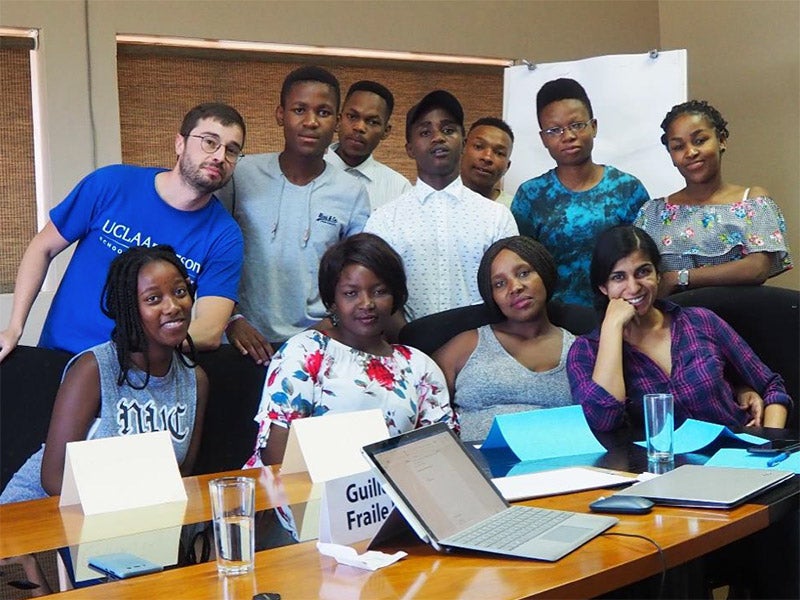Bridging the Digital Divide in a South African Community
Bridging the Digital Divide in a South African Community

In South Africa, poverty and inequality are expressed in a multitude of ways, one of which is the “digital divide,” or the gap in internet access that exists between the rich and the poor. The Human Sciences Research Council’s (HSRC) Sweetwaters team came to us with a complex task: to evaluate alternative internet connectivity solutions and business models from around the world and recommend a viable, affordable solution for the Sweetwaters community in KwaZulu-Natal, South Africa.
As a complement to our secondary research involving access technologies, community-oriented solutions and the local telecom industry, we structured our field trips to maximize the information and value delivered to the HSRC.
During our first visit to South Africa, we focused on understanding the local context: How does the Sweetwaters community live, and how do the people spend their resources? We wanted to understand the demand for an alternative connectivity service that would supplement or replace traditional mobile services. In order to do so, we conducted surveys to learn about the specific living conditions of the community, including access to basic services such as electricity, which is fundamental to a potential new Wi-Fi service.

AMR Team 30 (HSRC)
Our second field research trip focused on learning more about community networks, one of the potential alternative connectivity solutions. With this in mind, we traveled to Barcelona to talk with the founder of the largest community network in the world, Ramon Roca.
Last but not least, after ascertaining the Sweetwaters community’s needs and conducting best practices research for a variety of global solutions, we returned there to test the concepts of these business models and the appetite of the local community to participate in a potential solution. In our focus groups, we aimed to understand whether the community is interested in individual home internet connections, public Wi-Fi hotspots or both. We also spoke with local business owners to gauge their willingness to participate in the implementation, sale and maintenance of a potential solution.
UCLA Anderson MBA students conduct Applied Management Research (AMR) projects in lieu of a thesis. The nation’s first business school field study program, AMR partners students with top organizations to solve a key strategic problem. The Center for Global Management supported UCLA Anderson Class of 2019 teams to conduct critical primary research and collaborate with established NGOs seeking sustainable strategies to improve local economies, health and education outcomes, empowering local communities and developing more sustainable supply chains in environmentally sensitive parts of the world.